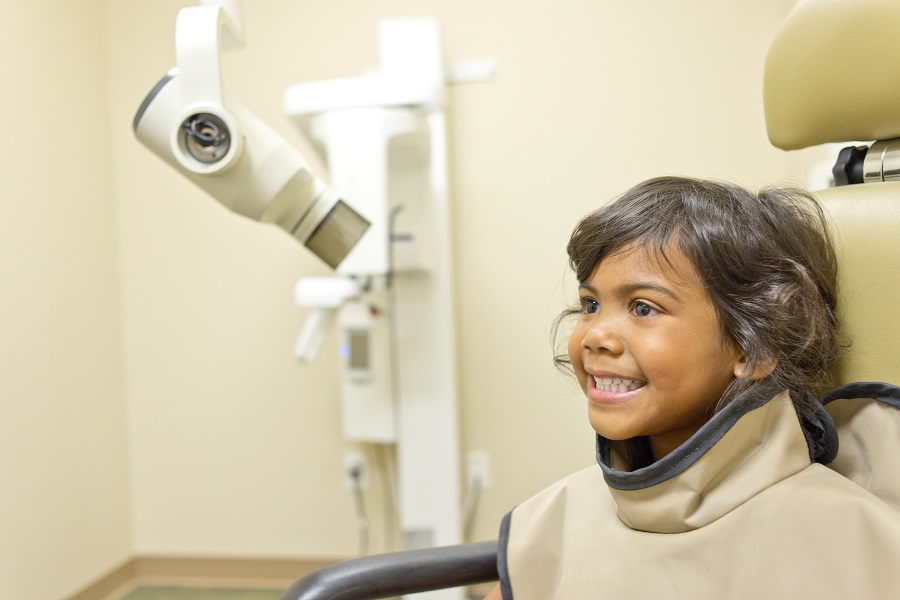Gain a Kid, Lose a Tooth – Fact or Fiction
By Jill Feilmeier on August 29, 2013 in Dental Health

It's a widespread warning that mothers have passed on to daughters for generations. A woman loses a tooth for every child she has. But is it true?
Yes, say experts, who have found a link between pregnancy and poor dental health. A New York University College of Dentistry study of more than 2,500 pregnant women found that mothers who have multiple children have a higher risk of losing teeth.
It's not a new problem. A 2008 study in Current Anthropology found that women have had worse dental health than men ever since the boom in the human population 10,000 years ago. More children also led to a greater risk of periodontal disease. Some factors that affect a pregnant women's oral health include:
• Morning sickness (vomiting erodes tooth enamel).
• Dry mouth (less saliva increases the risk of cavities) from hormonal changes.
• An increased desire for sugary and starchy foods.
Most pregnant women recognize how important their health is for their baby's health, but may ignore a critical component – their oral health. If you are pregnant or planning to become pregnant, here are some tips to maintain your smile during your pregnancy.
According to the American Academy of Periodontology, 50% or more of women get “pregnancy gingivitis,” a disease that makes gums sore and swollen. In some scientific studies, pregnant women with gum disease have given birth to low-weight or pre-term babies, who are at risk for many serious diseases.
Pregnant women with untreated cavities can transmit bacteria to their newborn baby, increasing the child's risk for early oral disease. Other oral infections can also present risks to an expectant mother's overall health, leading to other medical problems during pregnancy.
In addition to visiting the dentist, pregnant women can take these steps to prevent oral health complications:
• Brush teeth twice daily with a fluoride toothpaste and floss daily.
• Limit foods containing sugar to mealtimes only.
• Choose water or low-fat milk as a beverage and avoid carbonated beverages.
• Choose fruit rather than fruit juice to meet the recommended daily fruit intake.
Some dental plans also include extra cleanings for women when they are pregnant. The reasons above can result in a risk for periodontal disease. So if you are pregnant, make sure you are taking care of your teeth too!